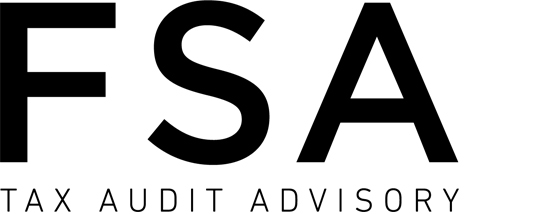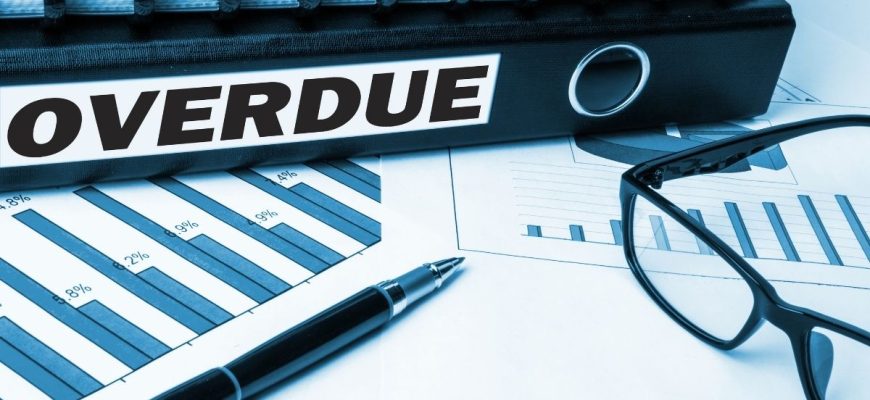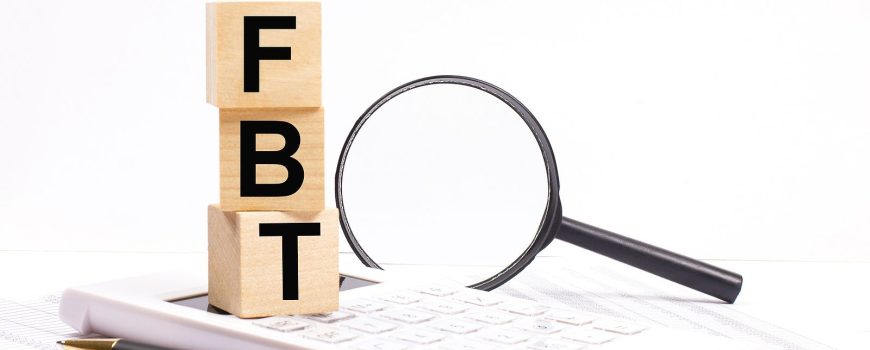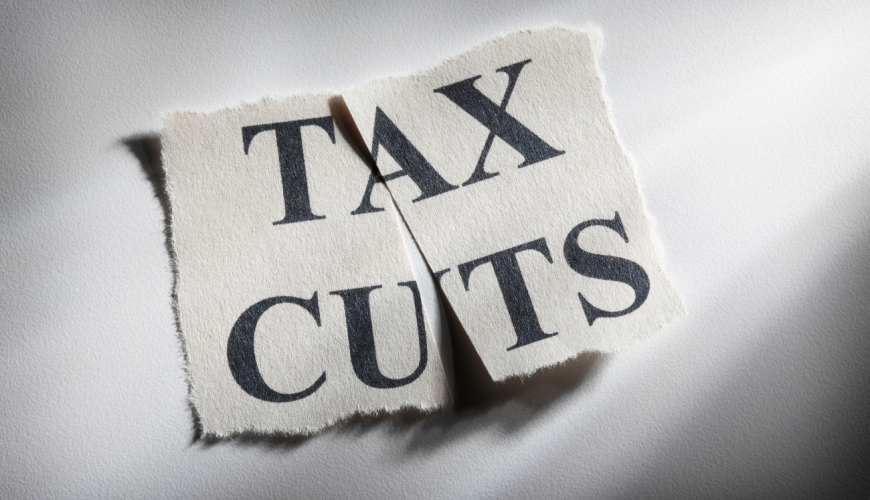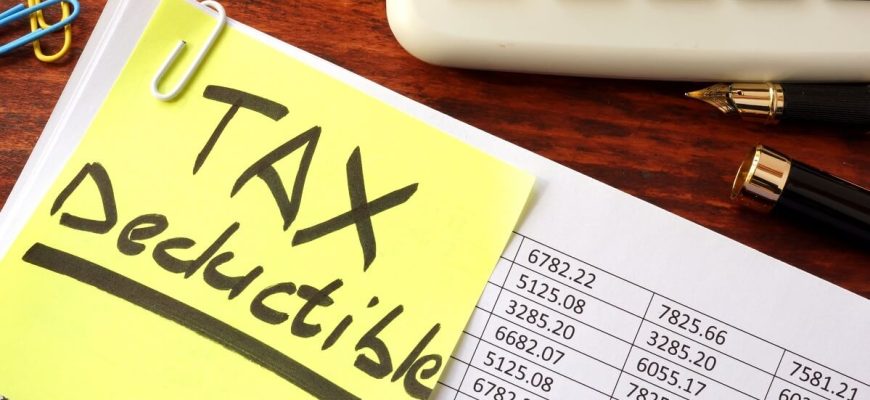SMSFs must report certain events that affect any member’s transfer balance account (‘TBA’) quarterly using transfer balance account reporting (‘TBAR’). These events must be reported even if the member’s total superannuation balance is less than $1 million.
SMSF trustees must report and lodge within 28 days after the end of the quarter in which the event occurs, although they are not required to lodge if no TBA event occurred during the quarter.
For example, if an SMSF had a TBA event in the quarter ending 31 March 2024, the trustee of the SMSF must lodge a TBAR by 28 April 2024.
If an SMSF does not lodge a TBAR by the required date, the member’s TBA may be adversely affected. The member may need to commute any amounts in excess of their transfer balance cap and pay more in excess transfer balance tax.
Editor: If you need assistance in relation to any of these issues, please contact our office.
